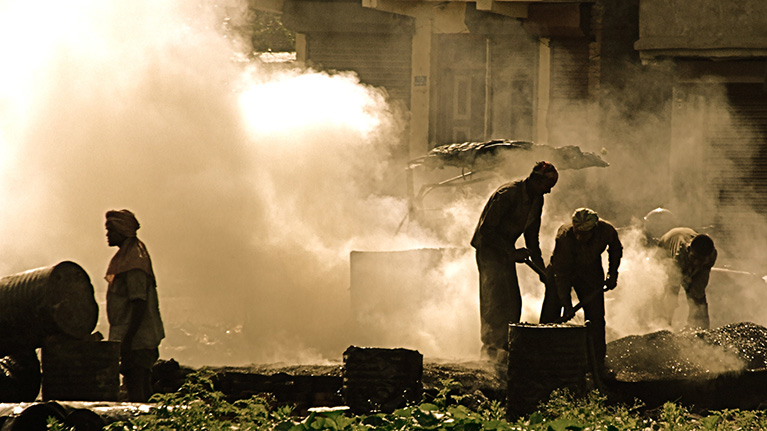By Desmond Brown – Executive Editor
KINGSTON, Jamaica, Dec 04 2016 – Mosquitoes are best known for the habits of the adult females which often feed on blood to help generate their eggs. Their immature stages usually are located in standing, preferably stagnant, water.
At an Intergovernmental Panel on Climate Change (IPCC) outreach event for the Caribbean held here last week, it was revealed that mosquitoes have now adapted to long dry spells which are common in the region and are now able to breed even when there is no standing water available.
“We used to think that mosquitoes declined during the dry season because there is not enough standing water for them to lay eggs. But I have news for you; the late Professor (Dave) Chadee, who was an author on the Health Chapter of the (IPCC) Fifth Assessment, published a paper in which he discovered that mosquitoes are breeding underground in septic tanks,” Professor John Agard told participants at the outreach event.
“We published some papers which found out that mosquitoes in higher temperatures, the breeding cycle shortens. They go through more cycles during the season and they produce more offspring. The mosquitoes, however, are a little smaller.”
Professor Chadee was a renowned Entomologist and Parasitologist, and an expert in vector-borne diseases, whose work has positively affected the lives of hundreds of millions of people across the world. He led research into mosquito-spread diseases such as dengue fever, yellow fever, and malaria and most recently, the Zika virus. His work on mosquitoes has guided the development of mosquito traps, new disease surveillance systems, and new control strategies.
Agard explained that when Chadee submitted the information for publication, “they didn’t believe it” and asked for all of the data.
“They found that this is new information. In his project, sampling was done – I would never have thought of sampling septic tanks – and there are lots of mosquito eggs. Mosquitoes are able to get through the dry season, and extend into areas that were too cold for them to survive a winter, by going underground,” Agard said.
“They have adapted. So, mosquitoes fly out the vent pipes. So, one of the adaptation measures is that we have to screen the vent pipes to ensure there is enough mesh to prevent mosquitoes from flying in and out. This is new information.
“We need to prevent mosquitoes from going down the pipes and breeding in water because they are able to survive adverse conditions underground. They have adapted, have we?”
Agard described the Caribbean as “mosquito heaven” and cited numerous diseases which have been attributed to the vector.
“First it was dengue, (then) chikungunya, now it’s Zika. What else is going to come next? Mosquitoes seem to be in their absolute prime heaven,” he said.




